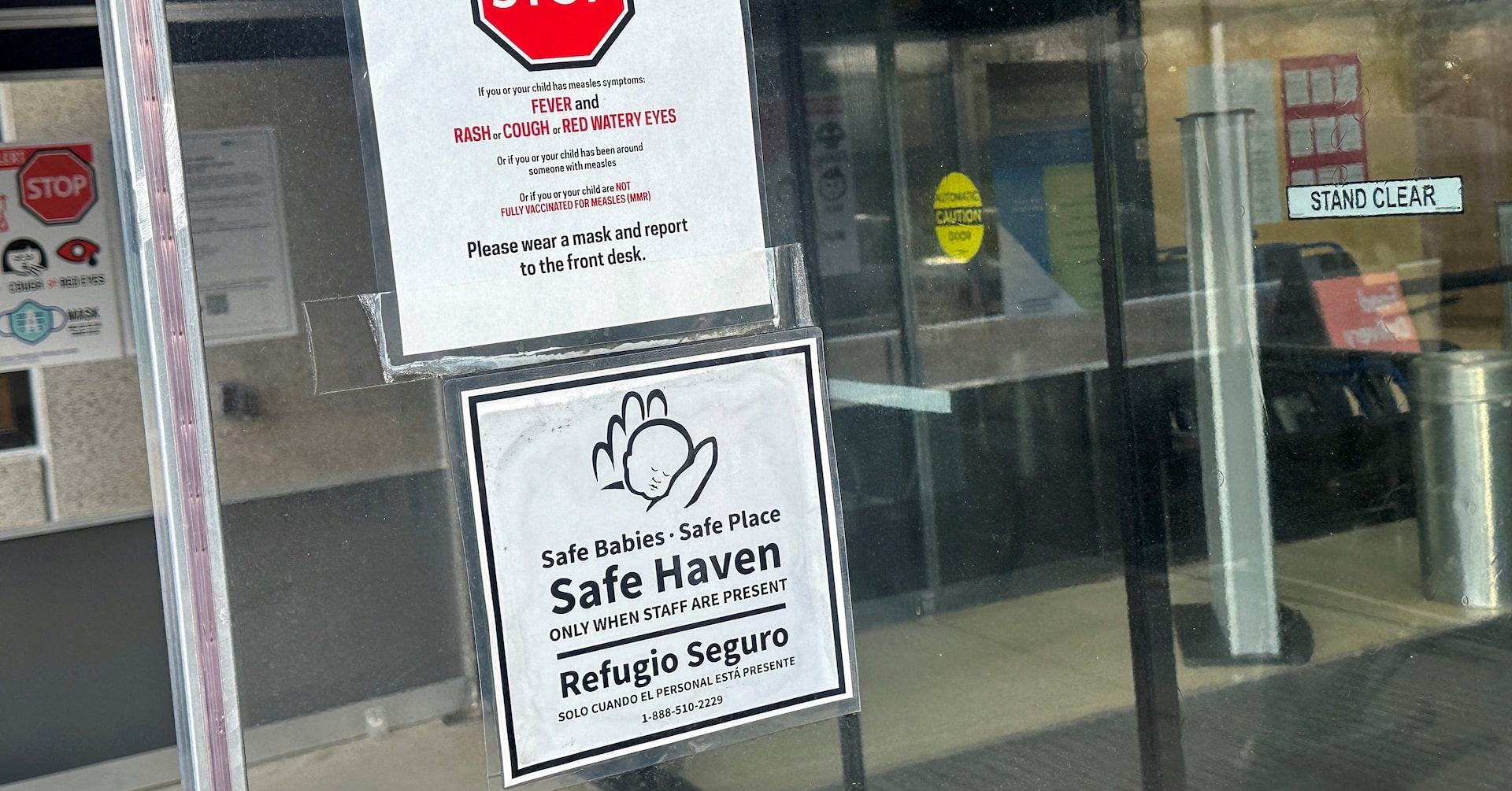Lone Star Outbreak: Texas Battles Alarming Surge in Measles Infections

Texas is grappling with a rapidly escalating measles crisis, as the state's health department revealed a significant surge in cases on Friday. The latest report indicates 683 confirmed infections, marking a sharp increase of 20 cases since April 29. This outbreak has thrust Texas into the spotlight of what health experts are calling one of the most severe measles epidemics in recent U.S. history.
The dramatic rise in cases underscores growing concerns about vaccination rates and potential public health risks. Measles, a highly contagious childhood disease, has been spreading at an alarming rate, prompting health officials to intensify their monitoring and prevention efforts. The situation serves as a critical reminder of the importance of immunization and community health awareness.
